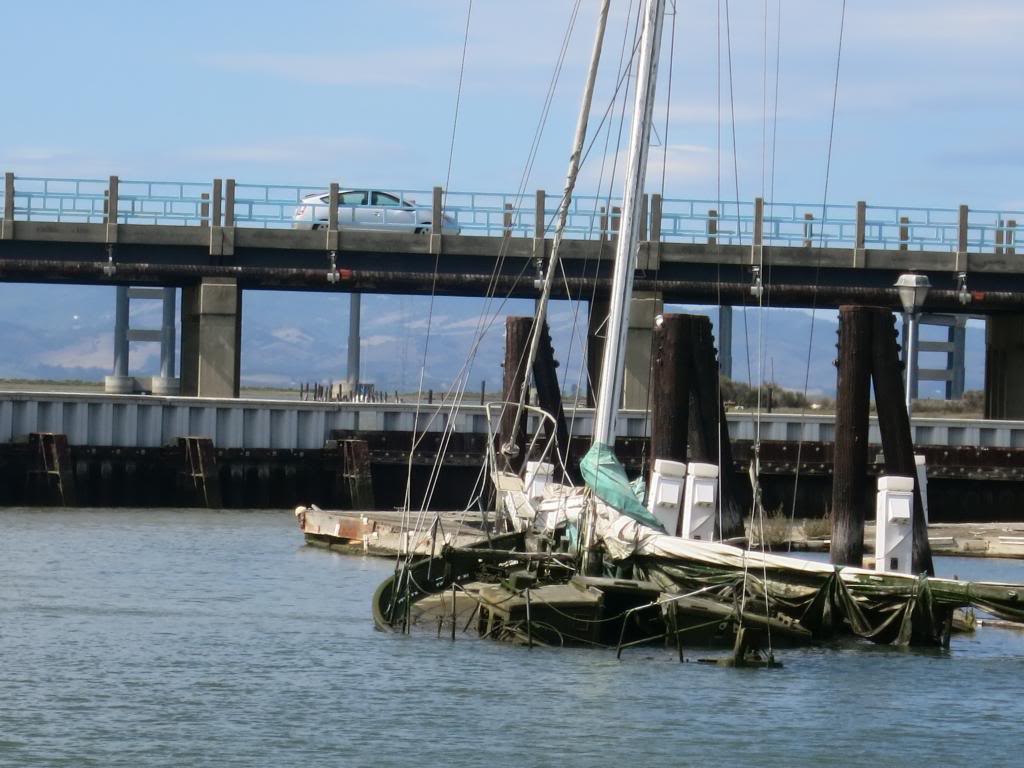OFB
Guru
- Joined
- Mar 30, 2012
- Messages
- 638
- Location
- Canada
- Vessel Name
- Invader no1
- Vessel Make
- Kishi Boat works
If you have decent bilge pumps...it takes awhile to sink a boat from a hose.
While I agree that fresh water should be turned over regularly...fearng city water is just not rational.
5 times in the last several years I have had a hot water hose break with nearly 100 psi dock pressure (that's why the hoses were breaking along with that it was spare but cheaper hose). The 1000gph bilge pump always maintained the bilge level so low that the second bilge pump never came on and sounded the alarm....even on overnight hose breaks and maybe longer.
While being careful is important, fear comes from a boating community with little real world experience....and it gets passed along as urban legend by mouth and internet now.
After 11 years in the towing/salvage business....I'll bet I have worked on at least 200 at the dock sinkings...not one of them was from a dock hose left on that filled the boat.
I lost count of how many vessels I have "unsunk". I have also lost count of how many vessels have had issues with auto pumps that failed , plugged up. or a fuse dropped.
To suggest that there should be no fear of plugging a vessel into a endless supply of water at 100 psi ? Into a system not designed for that?
Just makes me go HMMMMMMMMMM.
Just sayin.

